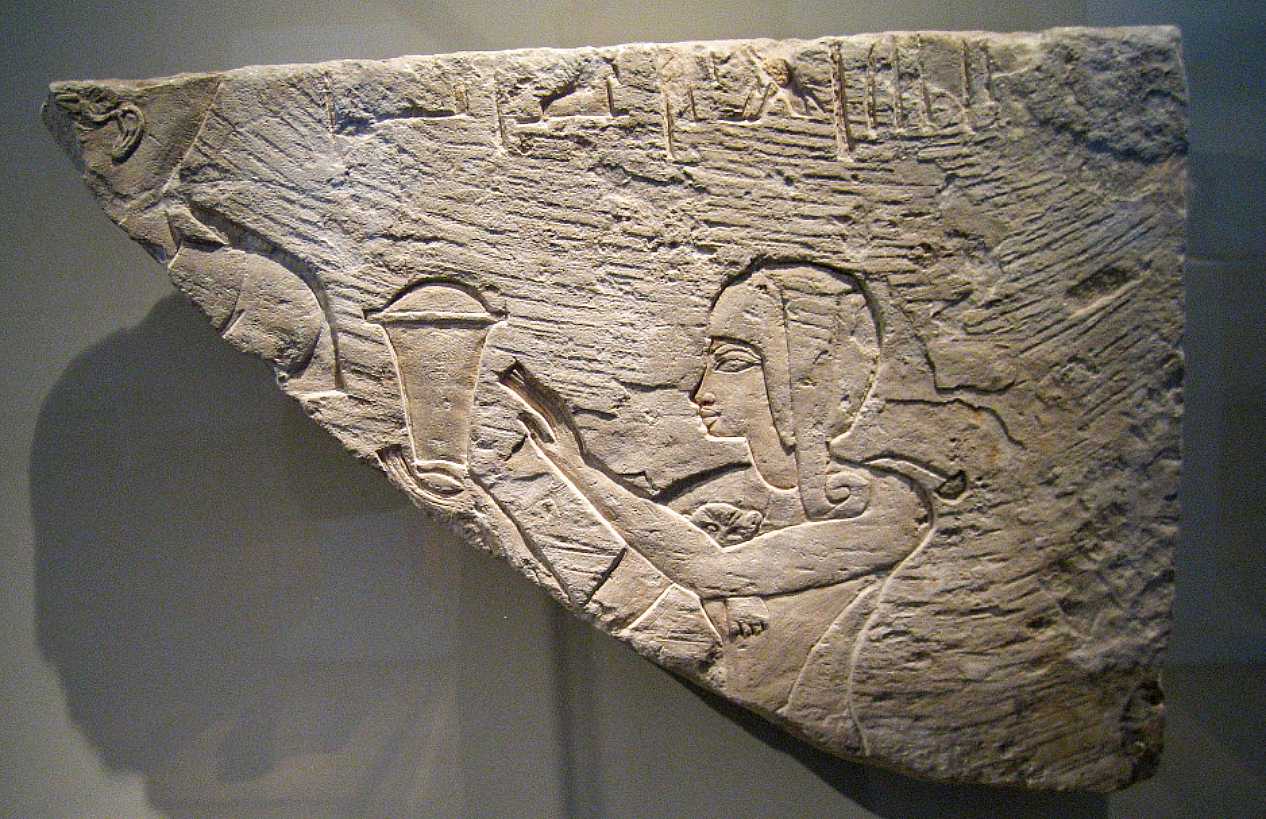According the Book of Exodus, the Israelites began their trek out of Egypt once the plagues had persuaded the pharaoh to set them free. However, before long the pharaoh had a change of heart and ordered his army to pursue them. With their backs to the Red Sea all seemed lost until God again interceded and caused the waters to part. The Israelites were so able to walk across the seabed, but when the Egyptian army tried to follow the waters returned and they were washed away.

Many historians believe that Crown Prince Thutmose should, by rights, have been the next in line for the throne following Amenhotep III. However, instead, Akhenaten takes charge, and Thutmose seemingly disappears from the canvas of Ancient Egypt. Most historians assume he died. But is it true??

When we know that an inscription on a wine jar for Akhenaten describes him as the “the true King’s son,” this now begins to sound like the Moses and Ramses II story. Now note that the word “son” in ancient Egyptian is mose. The Greek version of this word, incidentally, is mosis.
If we also believe, then, that Thutmose had to go into exile due to Akhenaten perhaps conspiring to kill him for his rightful place on the throne as the “king’s true son,” and if we also accept that Thutmose had abandoned the “Thut” (“god”) part of his name, then the connections between Mose and Moses are strong enough to explain the whole anecdote.
Might it be, as speculative as this all is, that the three main Abrahamic religions of our contemporary age are directly connected to the religious ideology from the mystery schools of ancient Egypt, preserving, in a bizarre way, the thought process and spirituality of one of the greatest civilizations to ever grace the Earth?



